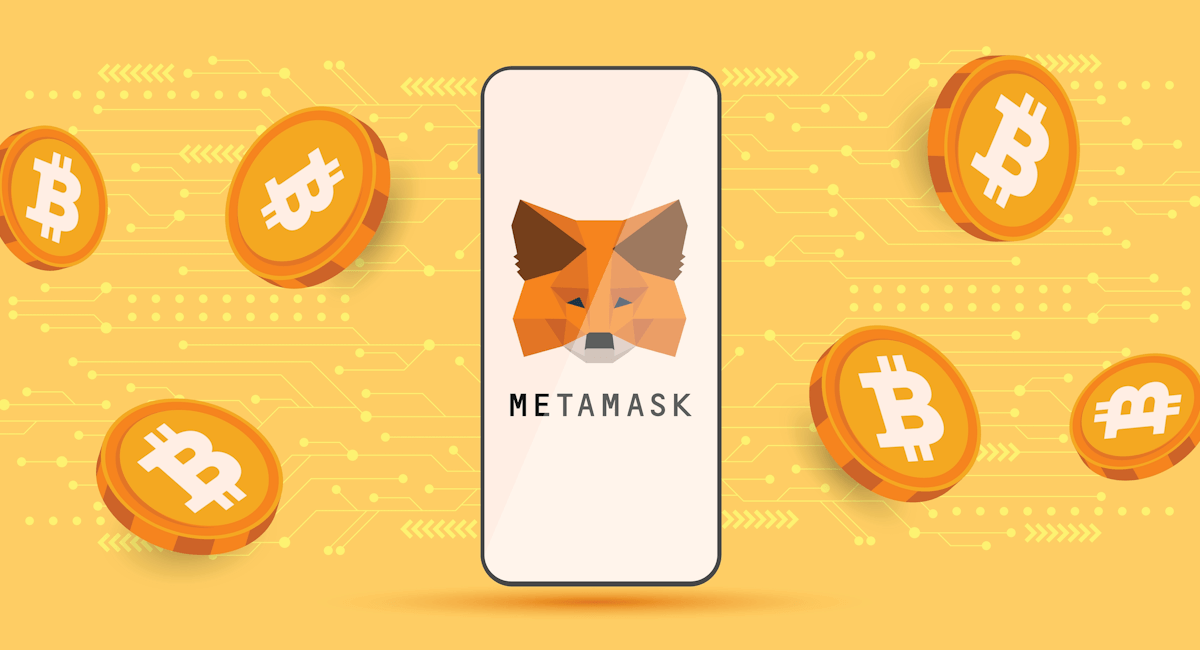As the world of digital currencies continues to evolve, understanding the tools that help you navigate this space becomes increasingly important Metamask wallet. One of the most essential tools for anyone engaging with cryptocurrencies is a crypto wallet. Whether you’re buying, selling, or simply storing digital assets, a crypto wallet is the gateway to your digital wealth. But what exactly is a crypto wallet, and how does it work?
What is a Crypto Wallet?
A crypto wallet is a software program or physical device that allows you to store and manage your cryptocurrency. Unlike traditional wallets that hold physical cash, a crypto wallet stores the public and private keys that are required to interact with blockchain networks. The wallet itself does not actually store the cryptocurrency but instead provides access to the blockchain where your assets reside.
Cryptocurrency transactions are signed with private keys, which are essentially secret codes that prove ownership of the digital assets. Public keys are the wallet addresses you share with others to receive payments.
Think of a crypto wallet like an online banking account where you can send, receive, and store funds, but with much greater control and decentralization.
Types of Crypto Wallets
Crypto wallets come in various forms, each catering to different needs. Broadly, they can be categorized into two types: hot wallets and cold wallets.
- Hot Wallets:
These are wallets that are connected to the internet. Hot wallets are typically software-based and are more convenient for frequent transactions. They can be further divided into:- Web wallets: Accessed through a browser, such as MetaMask.
- Mobile wallets: Apps that you download to your smartphone, like Trust Wallet.
- Desktop wallets: Software that you install on your computer, such as Exodus or Electrum.
Pros of Hot Wallets:
- Easy access and use for daily transactions.
- Instant sending and receiving of funds.
Cons of Hot Wallets:
- Vulnerable to hacking since they are connected to the internet.
- Less secure for large sums of cryptocurrency.
- Cold Wallets:
Cold wallets are not connected to the internet, making them much more secure. These are typically hardware-based or paper-based storage options.- Hardware wallets: Devices such as Ledger or Trezor that store your private keys offline.
- Paper wallets: A physical printout of your private and public keys, which can be stored securely.
Pros of Cold Wallets:
- Highly secure, as they are immune to online hacking.
- Ideal for long-term storage of large amounts of cryptocurrency.
Cons of Cold Wallets:
- Less convenient for quick transactions.
- Requires extra care in safeguarding the wallet (e.g., losing your hardware wallet or paper key means losing access to your crypto).
How Crypto Wallets Work
At the core, the functioning of a crypto wallet revolves around cryptography. When you create a wallet, a pair of cryptographic keys is generated:
- Private Key: A secret key that proves ownership of the cryptocurrency and enables you to sign transactions.
- Public Key: An address (often a string of numbers and letters) that others can use to send you cryptocurrency.
When you want to send or receive crypto, you use these keys:
- To send, you sign the transaction with your private key.
- To receive, others send crypto to your public address.
Importantly, you never share your private key. If someone gains access to your private key, they can steal your assets. That’s why security is a top priority when choosing and using a crypto wallet.
Why Do You Need a Crypto Wallet?
- Security: Without a wallet, your cryptocurrency is just a series of numbers on a blockchain, but a wallet protects your private keys and ensures you can safely access and transfer your assets.
- Control and Ownership: One of the primary appeals of cryptocurrencies is the decentralization they offer. With a crypto wallet, you are the sole owner of your assets, and no third party (like a bank) controls your funds.
- Ease of Use: Crypto wallets provide an easy-to-use interface for managing your digital currencies. Whether you’re trading, staking, or simply holding onto your crypto, a wallet allows you to do so securely.
- Access to DeFi and DApps: A wallet also gives you access to the rapidly growing world of decentralized finance (DeFi) and decentralized applications (DApps), enabling things like lending, staking, or even playing blockchain-based games.
How to Choose the Right Crypto Wallet
Choosing the right wallet depends on your needs:
- For active traders, a hot wallet like MetaMask or Trust Wallet provides quick and easy access to your assets.
- For long-term holders, a cold wallet such as a hardware wallet offers a much higher level of security.
- For those engaging in DeFi or DApps, a hot wallet that supports these platforms (e.g., MetaMask or Coinbase Wallet) would be ideal.
Always consider factors like security, ease of use, support for multiple cryptocurrencies, and backup options when selecting a wallet.
